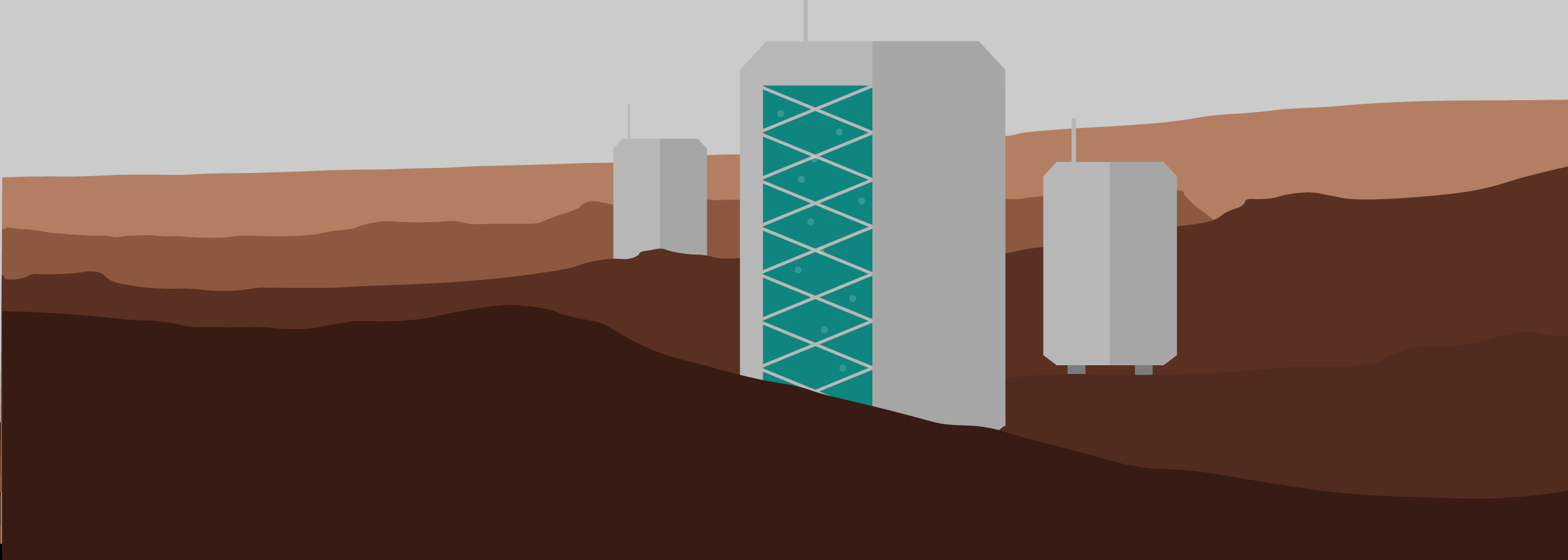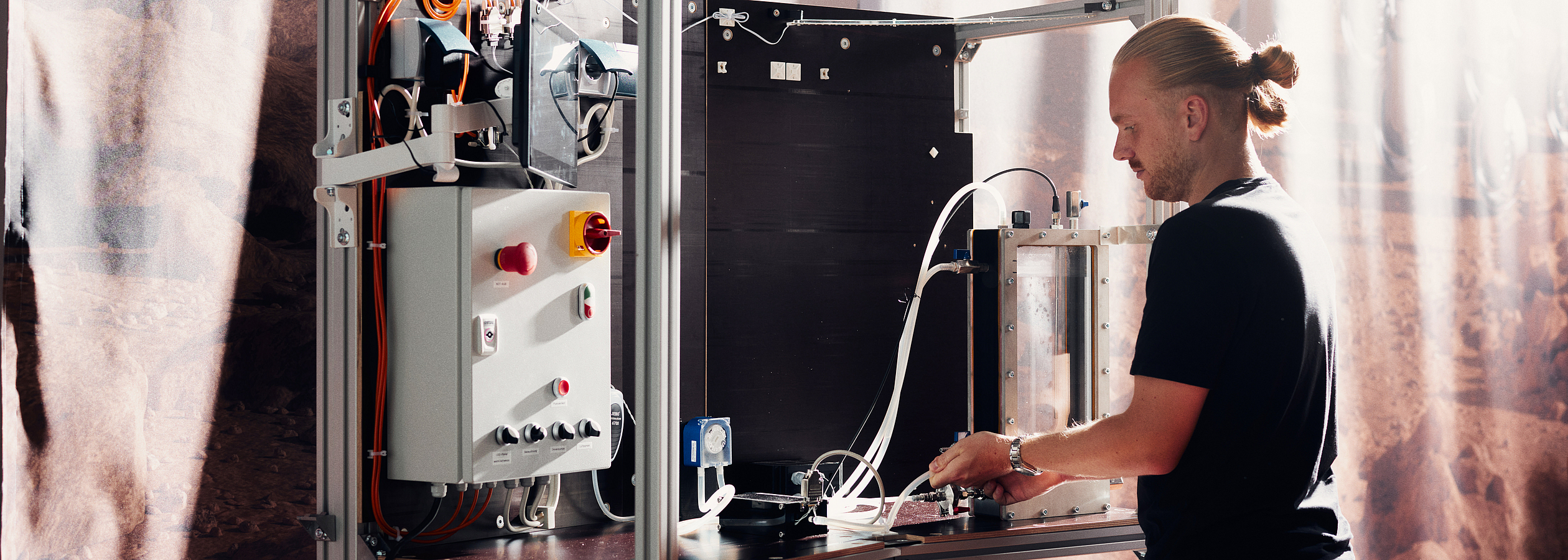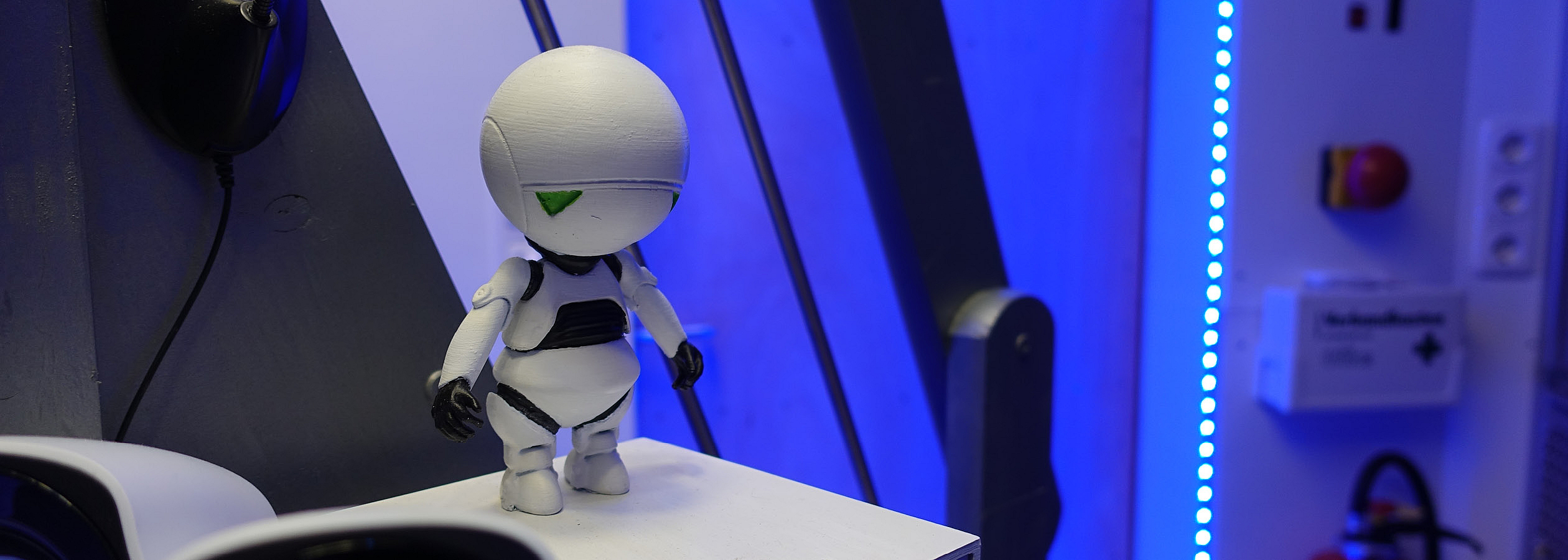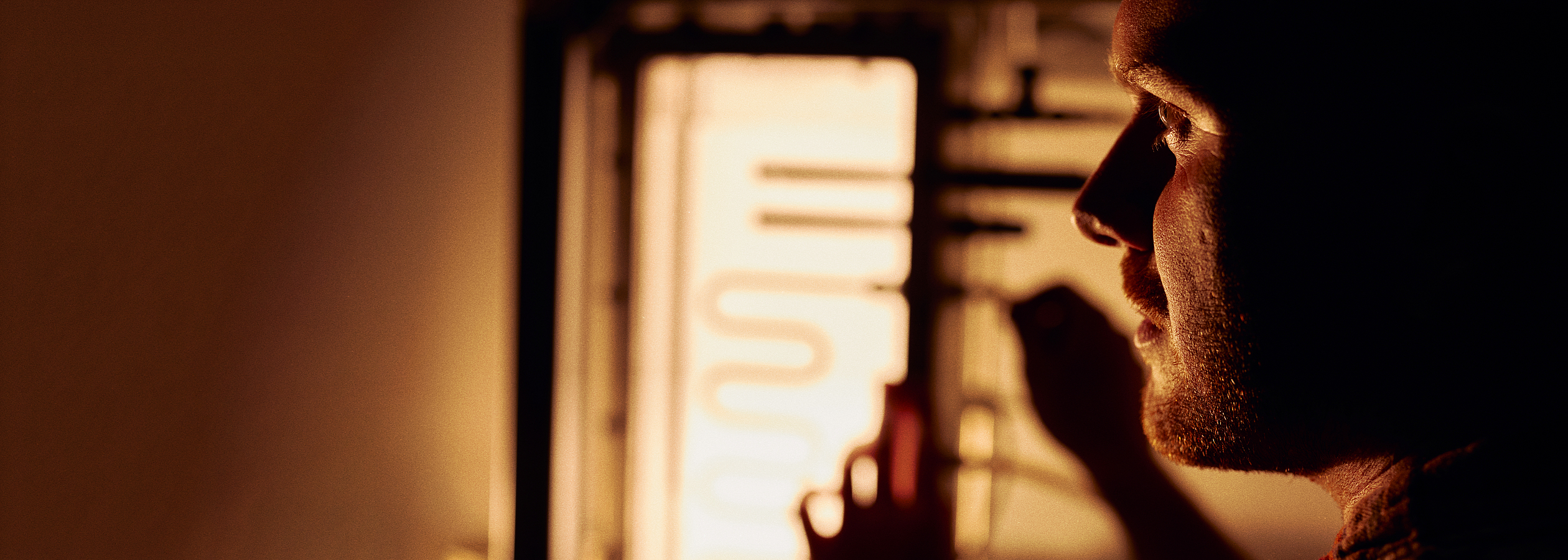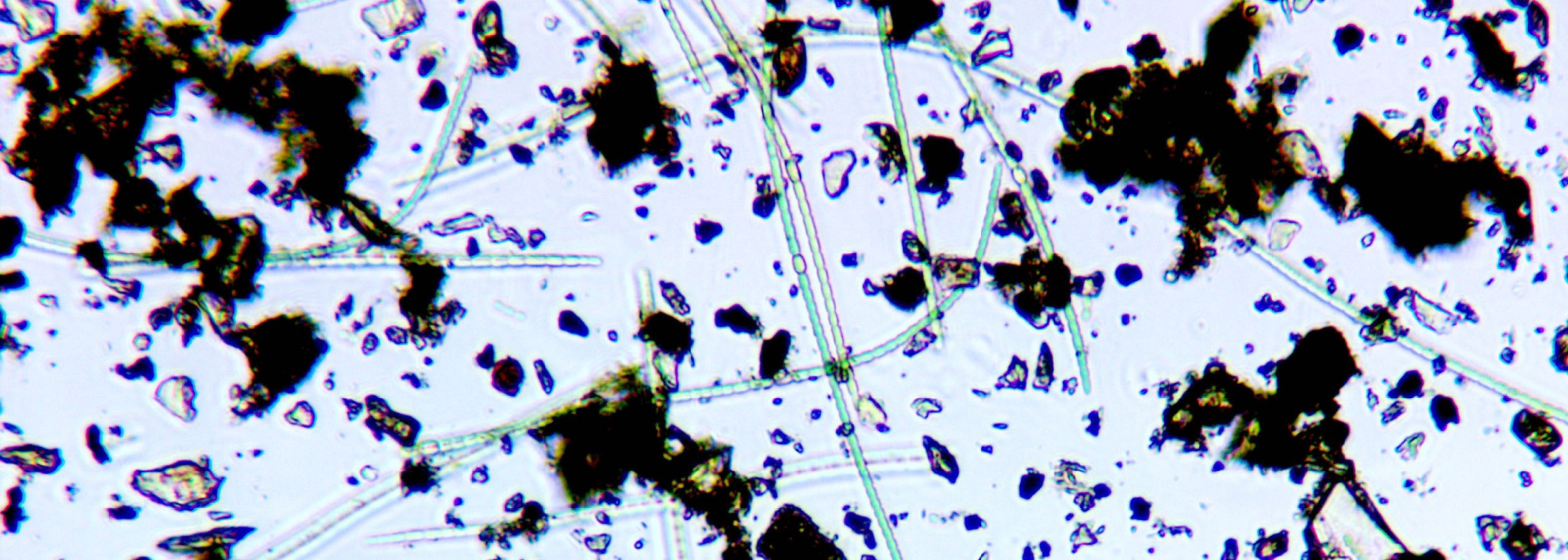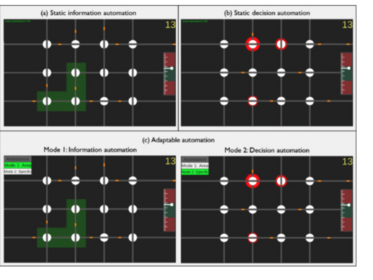
The Living Habitat
The Living Habitat
On Mars, the environment outside the habitat is lethal for humans, meaning that inhabitants must entrust their lives to the life support system of the habitat. This life support system will be bioregenerative, with photosynthetic organisms producing the oxygen needed by the crew. Networks of sensors monitor both life support system and crew, and the crew interacts with the life support system through the sensors. Together, these three components form the “living” habitat.
Contact
Project Leader
Dr.-Ing. Christiane Heinicke
Moon and Mars Base Analog
ZARM – Center of Applied Space Technology and Microgravity
University of Bremen
Am Fallturm 2, 28359 Bremen, DE
+49 421 218 57855
christiane.heinickeprotect me ?!zarm.uni-bremenprotect me ?!.de
Publication highlights

© 2024 The Authors,Published by Elsevier Ltd.
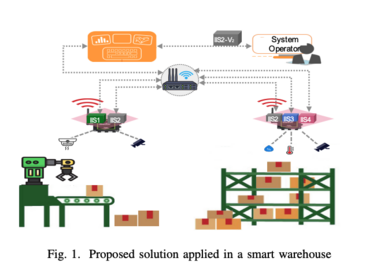
© 2024 The Authors, CC BY 4.0
Empowering IoT Applications with Flexible, Energy-Efficient Remote Management of Low-Power Edge Devices
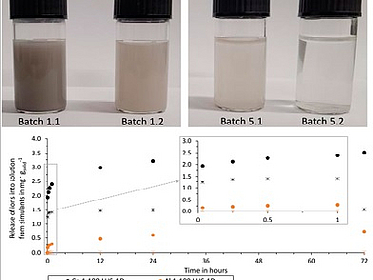
© 2024, The Authors, CC BY 4.0
Experimental study to characterize water contaminated by lunar dust
Sensing the Unknowns: A Study on Data-Driven Sensor Fault Modeling and Assessing its Impact on Fault Detection for Enhanced IoT Reliability
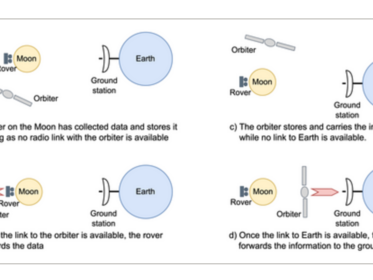
© 2024 Author(s). CC under 4.0
A beginner's guide to infrastructure‐less networking concepts
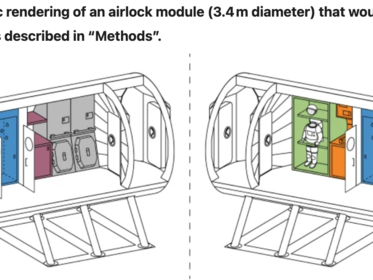
© 2024 The Authors, CC BY 4.0
An airlock concept to reduce contamination risks during the human exploration of Mars
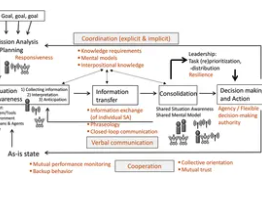
© Adapted from Hagemann and Kluge (2017), licensed under CC BY 4.0.
Human-AI teams—Challenges for a team-centered AI at work
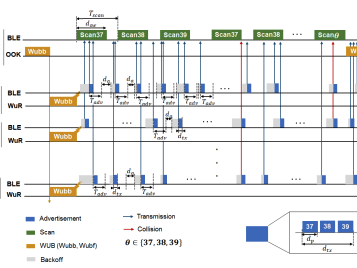
© 2023 The Authors ( CC BY 4.0 )
WUBBLE: Energy Efficient BLE Neighborhood Discovery Leveraging Wake-up Radio

© University of Bremen
Human-AI Teams in a Mars Habitat: The Influence of the Perception of an AI as a Team Member or Tool on Trust and Affect
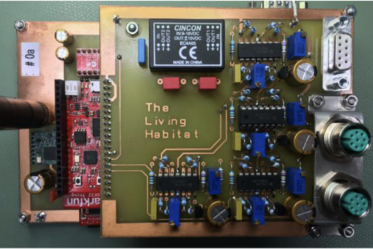
© University of Bremen
Integration of a Photobioreactor into the MaMBA Facility as Part of a Human-centered Life Support System
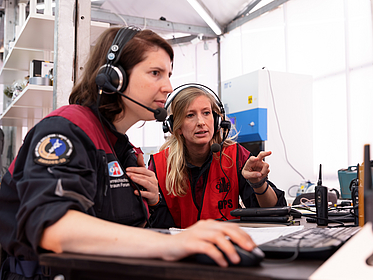
© Florian Voggeneder, All Rights Reserved
Communication quality affects performance of astronauts and support teams through increased workload: Insights from the AMADEE-20 analog Mars mission

© 2020 The Author(s) Published by the Royal Society. All rights reserved.
Human habitats: prospects for infrastructure supporting astronomy from the Moon
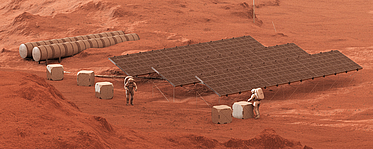
© Joris Wegner, University of Bremen
A vision for Human Mars Exploration made in Bremen
Computational modeling of a ventilation concept for a lunar habitat laboratory
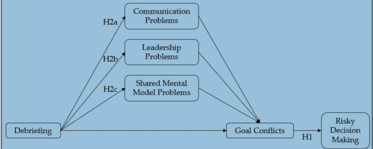
© The Authors 2023 licensed under CC BY 4.0.
Risky Decision Making Due to Goal Conflicts in Firefighting—Debriefing as a Countermeasure to Enhance Safety Behavior
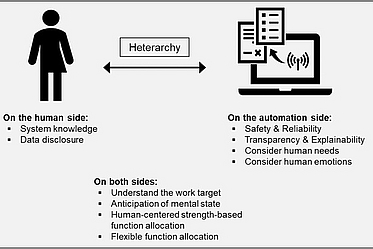
© 2021 Elsevier Ltd. All rights reserved.
Automation as an equal team player for humans? – A view into the field and implications for research and practice
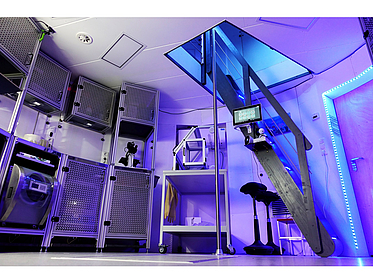
© ZARM, Universität Bremen
Equipping an extraterrestrial laboratory: Overview of open research questions and recommended instrumentation for the Moon
Disability in space: Aim high
A review of existing analog habitats and lessons for future lunar and Martian habitats
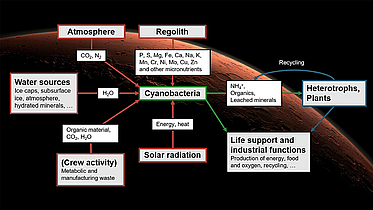
© The authors (2021) CC BY

